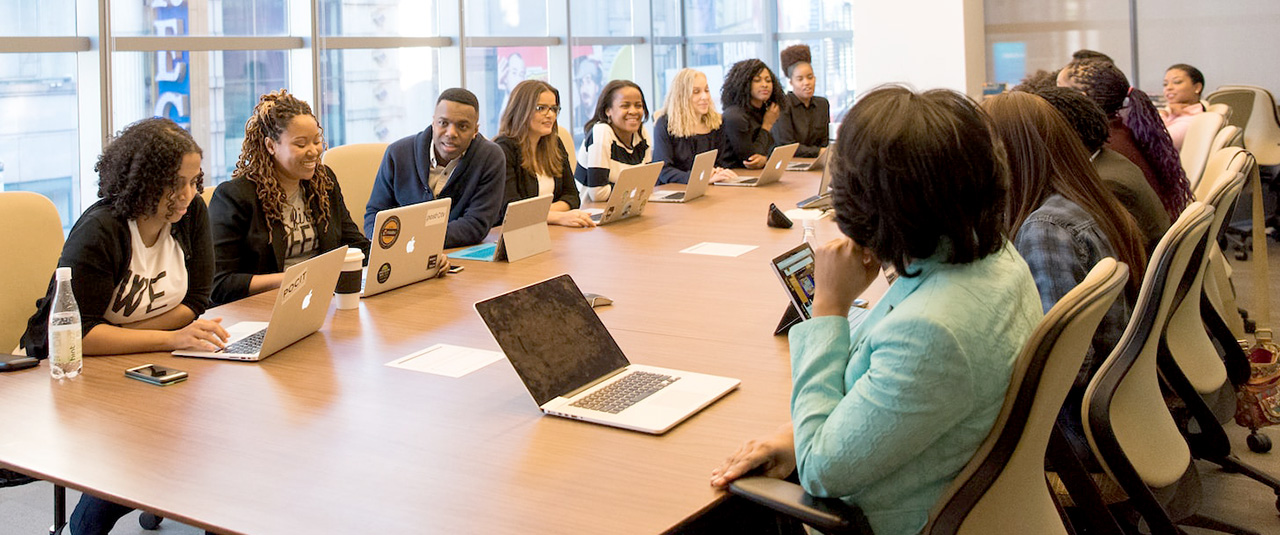From my point of view, the Kick-off meeting is one of the crucial meetings in a project. It represents the first physical meeting of the project partners, enables them to get to know each other for the first time, and forms the basis on which further project work is built. If you fail in the kick-off meeting, you may have trouble during the complete project’s lifetime. The project may end successfully finally, but the way to reach the project goal is rocky, unsatisfactory, extremely exhausting, and unpleasant for (most) partners.
Source: InLoox (project management platform)
How to fail
The worst kick-off meeting my organisation ever experienced was in a KA 3 Erasmus+ project.
The project started without any preparation (although a separate work package was dedicated to preparing the launch of the project). Three months after the official start of the project, the kick-off meeting finally took place. There was also no preparation.
The meeting had an agenda that was ultimately not followed. The project leader presented ugly slides that he had created by copying the texts of the project proposal – too much text, linguistic errors as well as a lack of formatting accompanied a word-for-word lecture of the contents.
All the essential elements, such as an elaboration of the actual project goals, or the different roles that the partners should take, were missing.
Organisational things, such as doing the time records, handling and posting invoices, as well as any other things, such as communication, reporting, or other relevant topics were simply missing.
A special highlight came on the second day: On this day, the meeting was scheduled for the morning and afternoon, and at noon the project manager announced that he had to leave now and was flying home – the rest of the meeting was canceled. This allowed me to visit the city in the afternoon (as my flight home was not booked until the next day).
This left the rest of the project partners somewhat irritated and saying goodbye to each other.
What went wrong here with this kick-off meeting?
I’ll summarize and explain what basic mistakes the project manager made and how it could be done better.
Preparation of the project
The project start needs huge preparation work. The other partners ignored entirely any preparation work. My organization did the foreseen preparation work (providing the internal meeting minutes and all the necessary stuff that is crucial for an appropriate project start.
Meeting agenda and documents
For the meeting, an agenda has been shared – but not kept. Before the meeting, no supplementary documents have been shared.
Keep the timetable (or the agenda)
When you are the coordinator of a project, you carry a severe responsibility. It is your duty to take the necessary time (and schedule) to run the meeting. Unfortunately, unforeseen things can happen, and the coordinator has to take them into account. Nevertheless, it must not happen that at lunch the coordinator declares that he is leaving for the airport in an hour and the rest of the meeting is canceled.
Presentations
We have been working with digital media for about 30 years. Unfortunately, many people still do not know how to make a decent and meaningful presentation.
The second evil is that those in positions of responsibility often know nothing about leadership. They also don’t know about the management work as a project coordinator and lack the necessary experience. In their ignorance they copy any content in presentations and in their inability, they have no choice but to read the slides.

